The homeowners association (HOA) management industry is undergoing a fundamental transformation that mirrors the broader digital revolution reshaping business operations across all sectors. What was once a profession characterized by manual processes, reactive problem-solving, and generalist skill requirements has evolved into a sophisticated, technology-driven field demanding strategic thinking and AI orchestration capabilities. This blog examines how HOA managers have transitioned from being "jacks of all trades" handling every task manually to becoming "AI orchestrators" who leverage advanced technologies to deliver superior community management services.
The Traditional "Jack of All Trades" Era
Comprehensive Manual Responsibilities
Historically, HOA managers embodied the classic "jack of all trades" archetype, personally handling an extensive array of responsibilities that demanded broad but often shallow expertise across multiple domains. These professionals were required to be financial managers, maintenance coordinators, communication specialists, compliance officers, and relationship builders all rolled into one. The traditional role encompassed everything from budget preparation and tracking to collecting dues, overseeing expenses, organizing board meetings, maintaining official records, and managing vendor relationships.
The breadth of responsibilities was staggering. A typical HOA manager's day might involve manually preparing financial reports, physically inspecting common areas, answering phone calls from residents, coordinating maintenance requests through paper-based systems, and managing vendor relationships through personal networks. Community association managers have long been jack-of-all-trades professionals—covering budgeting and financial reporting, maintenance coordination, resident communications, covenant enforcement, records and meetings, and vendor management—serving as the operational hub for the community.
The Limitations of Manual Processes
This traditional approach, while comprehensive, was inherently limited by human capacity and time constraints. Property management professionals spent enormous amounts of time on routine administrative tasks that consumed valuable hours better spent on strategic planning and relationship building. The manual nature of most processes created bottlenecks, increased the likelihood of errors, and made it difficult to scale operations efficiently.
The traditional model also suffered from information silos and communication inefficiencies. Important community data was often scattered across multiple systems or, worse, stored in physical filing cabinets, making it difficult to access critical information quickly or generate comprehensive reports for decision-making. As a result, managers were bogged down with manual tasks, leaving little room to focus on strategy or resident engagement. The chart below highlights this shift, comparing the share of tasks still handled manually in 2023 versus 2024, and showing how automation is steadily reducing the workload in areas like billing, reporting, and access control.
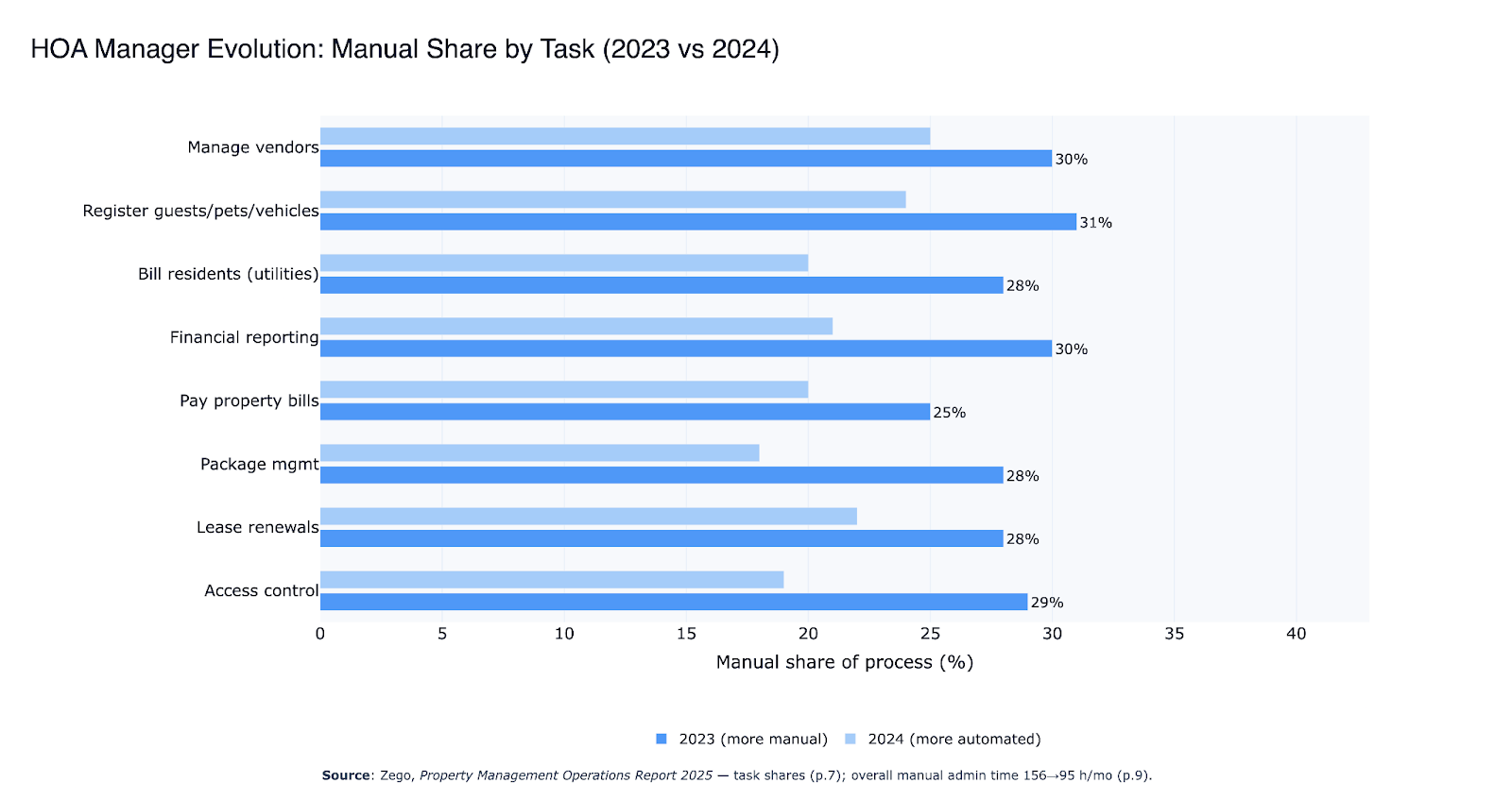
The Technology-Driven Transformation
Accelerated Digital Adoption
The transformation of HOA management from manual to digital operations didn't happen overnight. The evolution began gradually around 2015 with basic property management software adoption, but accelerated dramatically following the COVID-19 pandemic. The pandemic served as a catalyst, forcing HOAs to embrace digital solutions for everything from virtual meetings to contactless payment processing.
According to industry data, millennials now make up 38% of the housing market [1], driving demand for efficient, technology-enabled community management solutions. This generation expects digital-first experiences, from online payment portals to mobile apps that provide 24/7 access to community information and services [1].
The Rise of Integrated Platforms
Modern HOA management has evolved beyond simple software adoption to embrace comprehensive, cloud-based platforms that integrate multiple functions into unified systems. These platforms now offer automated dues collection, financial reporting, maintenance request tracking, document management, and resident communication tools all within a single interface.
The shift represents more than just technological advancement; it reflects a fundamental reimagining of how communities can be managed more efficiently and transparently. Today's platforms leverage predictive analytic dashboards, automated workflows, and AI-powered insights to transform reactive management into proactive community stewardship.
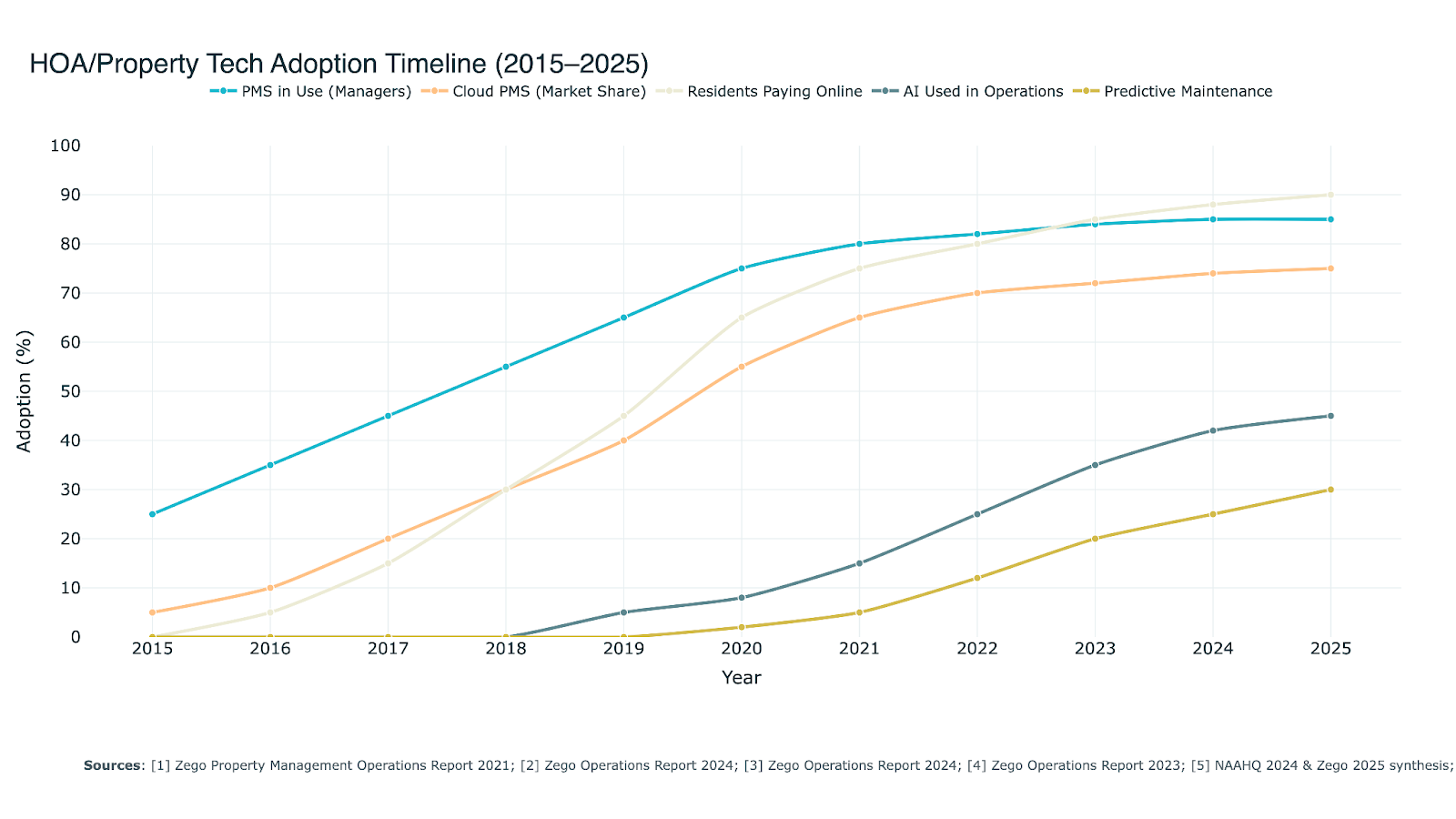
The Emergence of the "AI Orchestrator"
Redefining Professional Identity
The modern HOA manager has evolved from a generalist handling all tasks personally to a strategic "AI orchestrator" who leverages technology to multiply their effectiveness. This transformation represents a shift from task execution to task orchestration, where managers focus on setting up systems, monitoring performance, and making strategic decisions based on AI-generated insights.
The goal of modern AI is often to empower employees by helping them work more efficiently, not to replace them. The AI orchestrator role emphasizes strategic oversight, relationship building, and high-value decision-making while delegating routine tasks to automated systems.
Core AI Orchestration Capabilities
Modern AI orchestrators utilize sophisticated tools that were unimaginable just a few years ago. AI-powered chatbots handle routine resident inquiries, reducing response times and freeing managers to focus on complex issues requiring human judgment. Predictive maintenance systems analyze building data to anticipate problems before they occur, shifting management from reactive to proactive.
Financial management has been revolutionized through AI-enhanced accounting systems that automatically match transactions, code invoices, and generate comprehensive reports. These systems can analyze spending patterns, predict budget variances, and recommend cost-saving opportunities that human managers might miss.
The most advanced HOA management companies are now using AI agents that can independently execute complex workflows. For example, some systems can monitor lease-end events, automatically select and book vendors based on multiple criteria, and update all stakeholders through integrated communication systems.
Strategic Value Creation
The AI orchestrator role enables managers to create value in ways that weren't previously possible. By leveraging data analytics and predictive insights, modern managers can identify trends, optimize resource allocation, and make informed strategic decisions. They can analyze homeowner satisfaction data, predict maintenance needs, and optimize community operations based on comprehensive data analysis rather than intuition alone.
This strategic capability is increasingly important as HOAs face mounting challenges, from regulatory compliance requirements to rising homeowner expectations. The ability to leverage AI for compliance monitoring, risk assessment, and strategic planning has become a critical differentiator for successful community managers.
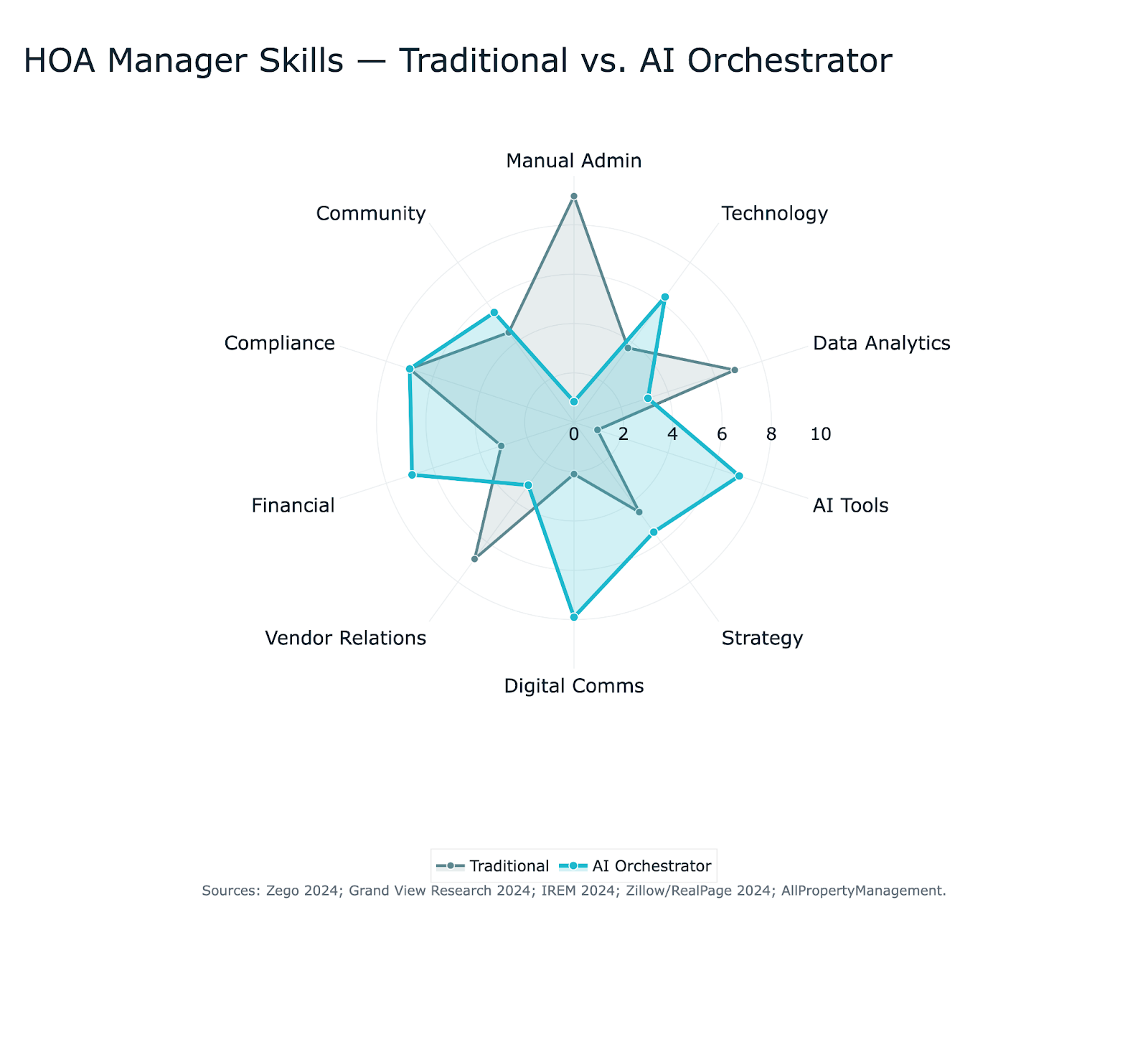
Industry-Wide Implications and Workforce Evolution
Changing Skill Requirements
The transformation from jack of all trades to AI orchestrator has fundamentally altered the skills required for success in HOA management. While traditional managers needed broad general knowledge across many areas, modern AI orchestrators require deep technological proficiency, data analytics capabilities, and strategic thinking skills.
The most in-demand skills now include AI tool management, data interpretation, digital communication, and technology integration. Managers must understand how to configure AI systems, interpret automated reports, and make strategic decisions based on data-driven insights.
Compensation and Career Opportunities
The evolution has created significant opportunities for career advancement and increased compensation. According to recent industry surveys, large-scale managers now earn median salaries of $155,000, while those with advanced certifications and AI expertise command premium compensation [2]. The U.S. Bureau of Labor Statistics projects 5% growth in the community association management field from 2022 through 2032, faster than the average for all occupations [3].
However, the industry faces significant workforce challenges. 74% of property management companies cite finding skilled people as their top challenge, with the competition for AI-savvy professionals particularly intense [4]. Companies are investing heavily in upskilling programs, technology training, and professional development to build the capabilities needed for the AI orchestrator role.
Operational Efficiency Gains
The transformation has delivered substantial operational improvements. Organizations implementing AI-powered HOA management systems save hours of work per week, with some achieving productivity improvements of up to 40% [5]. These efficiency gains enable smaller teams to manage larger portfolios while delivering superior service quality.
Automation of routine communications, maintenance scheduling, and financial processing has eliminated many of the bottlenecks that previously constrained growth. Modern systems can handle hundreds of inquiries simultaneously, process payments automatically, and generate reports in real-time without human intervention.
Future Outlook and Strategic Implications
The Path Forward
The evolution from jack of all trades to AI orchestrator is not complete—it represents an ongoing transformation that will continue accelerating over the coming years. Industry experts predict that fully automated operations, advanced predictive maintenance, and comprehensive sustainability management will become standard within the next five years.
The most successful HOA management companies are those embracing this transformation proactively, investing in AI-powered platforms, training programs, and strategic partnerships that position them for long-term success. As Associations Now puts it, HOAs should “walk before you run” and “harness the power of AI… to derive greater efficiencies now and reap the benefits as the technology evolves,” making later, more advanced applications easier to adopt [6].
Strategic Recommendations
Organizations seeking to complete their transformation should focus on several key areas:
- Technology Infrastructure: Invest in comprehensive, AI-enabled platforms that integrate all aspects of community management, from financial systems to maintenance coordination.
- Workforce Development: Implement comprehensive training programs to upskill existing managers and attract new talent with the technological and strategic capabilities required for the AI orchestrator role.
- Change Management: Develop systematic approaches to help boards and homeowners understand and embrace the benefits of AI-powered community management.
- Strategic Partnerships: Work with technology providers and industry experts to stay current with emerging AI capabilities and best practices.
Conclusion
The transformation of HOA management from "jack of all trades" to "AI orchestrator" represents one of the most significant evolutions in the industry's history. This shift has moved the profession from reactive, manual task execution to proactive, technology-enabled strategic management that delivers superior outcomes for communities and homeowners alike.
The data clearly shows that this transformation is not optional—it's essential for remaining competitive in an increasingly sophisticated market. With 3,000-4,000 new community associations forming annually and 77.1 million Americans now living in HOA communities, the demand for efficient, technology-enabled management services will only continue growing [7].
The managers who successfully complete this transformation—evolving from generalists handling everything manually to strategic orchestrators leveraging AI for maximum effectiveness—will find themselves at the forefront of a dynamic, growing industry with substantial career opportunities and the ability to create meaningful value for the communities they serve. Those who resist this evolution risk being left behind in an industry that increasingly rewards technological proficiency and strategic thinking over traditional manual skills.
The future belongs to the AI orchestrators who can seamlessly blend human judgment with artificial intelligence to create thriving, well-managed communities that meet the evolving expectations of modern homeowners.
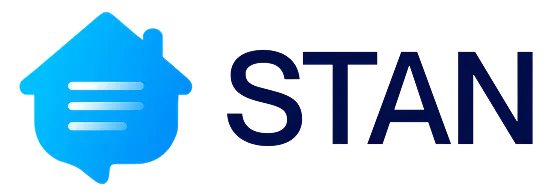

.png)
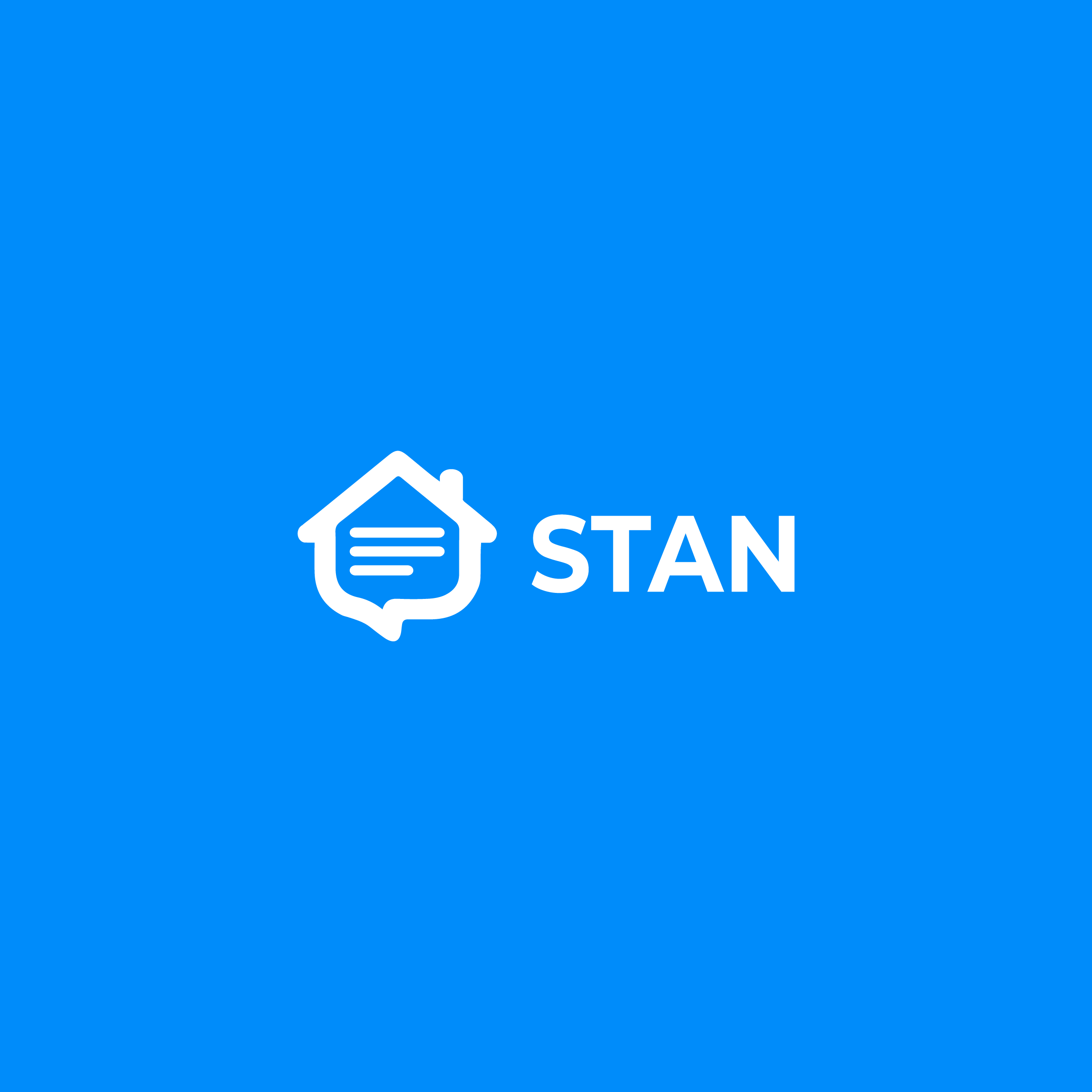
%20(2).png)
